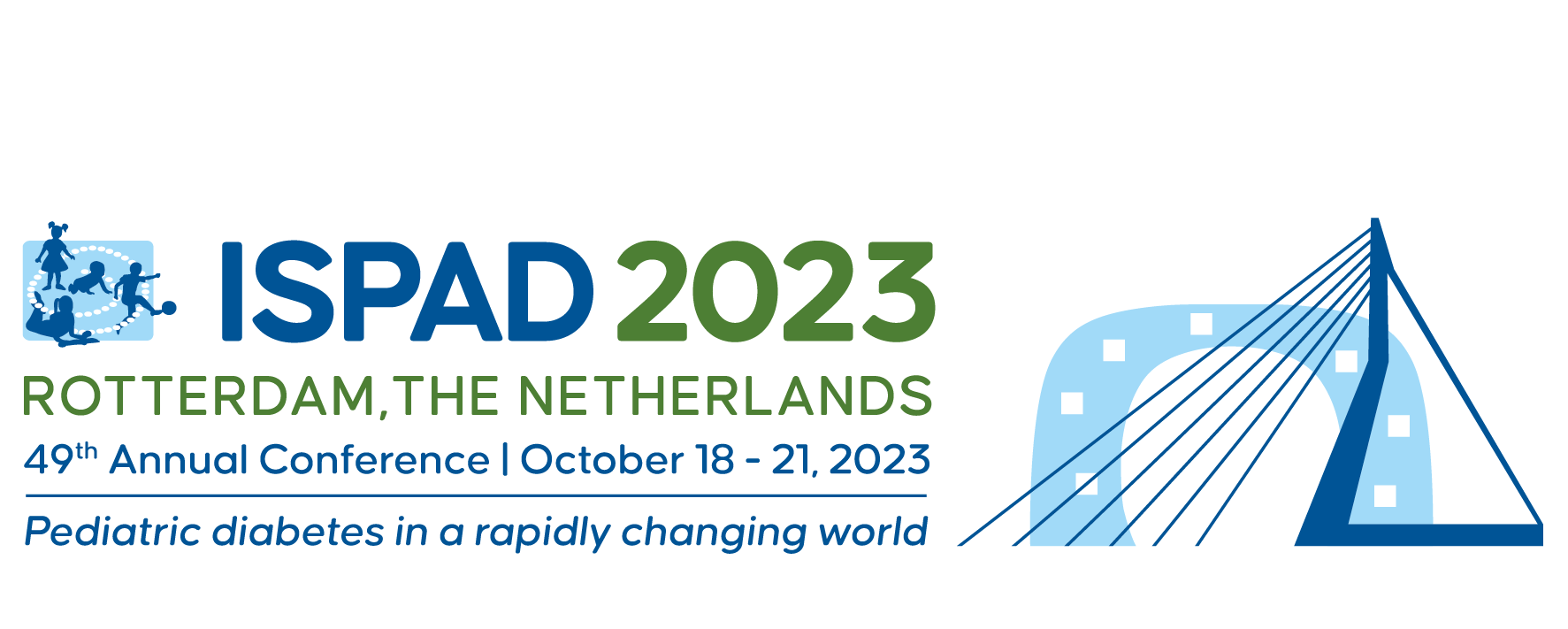Thank you very much to the numerous authors who have submitted their results. The reviewing and selection process has now started, and the authors will be notified about the final selection of their abstract(s) and their assignment as an oral or a poster presentation.
The Best Poster and Best Oral Presentation will be awarded by the Prize Committee and recognized at the Closing Ceremony. Both awardees will win a free 3-year membership. Good luck to all!
Please note that ISPAD has renounced paper posters in 2023 for sustainability reasons. All posters will be presented as ePosters only and available online on your mobile device or onsite in the ePoster Corners. The poster sessions will be held as usual in a one-hour slot after lunch on level 0 of De Doelen. Abstract authors selected for an oral presentation or an ePoster will be informed accordingly by mid-August and will receive the guidelines on how to set up their presentation in early September.

